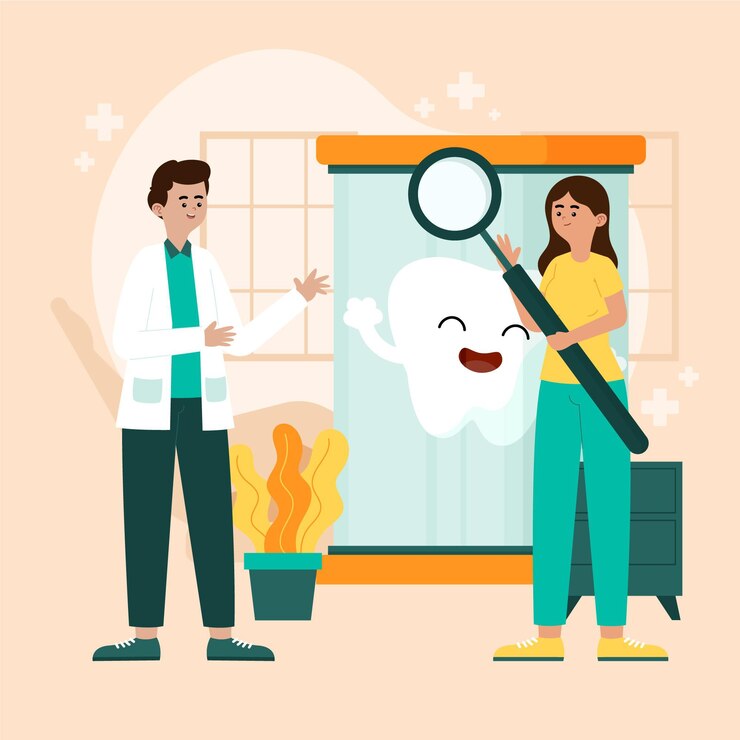
Recognizing Symptoms and Early Detection: A Guide to Better Health
Introduction: Understanding the symptoms of various health conditions and knowing how to detect them early can lead to timely intervention and improved outcomes. In this blog, we’ll explore common symptoms of diseases and the importance of early detection, explained in simple terms for everyone to understand.
Identifying Symptoms:
- Unexplained Weight Loss: Significant and unexplained weight loss can be a sign of various underlying health issues, including thyroid problems, diabetes, digestive disorders, or cancer.
- Persistent Fatigue: Feeling constantly tired or fatigued despite getting enough rest may indicate underlying health problems such as anemia, thyroid disorders, depression, or sleep apnea.
- Frequent Urination: Needing to urinate more often than usual, especially at night, could be a symptom of diabetes, urinary tract infection, or prostate problems in men.
- Persistent Pain: Chronic pain, whether it’s in the abdomen, chest, joints, or elsewhere, should not be ignored and may signal conditions such as arthritis, fibromyalgia, or heart disease.
- Changes in Skin Appearance: Changes in moles, new growths, or skin discoloration should be evaluated by a healthcare professional, as they could indicate skin cancer or other dermatological conditions.
Importance of Early Detection:
- Timely Intervention: Early detection allows for timely intervention and treatment, often leading to better outcomes and a higher chance of successful management or cure.
- Preventive Measures: Detecting health issues early may enable individuals to take preventive measures to reduce the risk of complications or progression of the condition.
- Improved Quality of Life: Early detection and treatment can help alleviate symptoms, improve quality of life, and prevent the development of more severe health problems.
- Reduced Healthcare Costs: Addressing health issues early may result in less extensive and costly treatments, hospitalizations, and medical expenses in the long run.
Conclusion: Recognizing symptoms and detecting health issues early are essential steps in maintaining good health and well-being. By paying attention to changes in the body, seeking medical advice promptly, and participating in routine screenings and check-ups, individuals can take proactive steps to safeguard their health and enjoy a better quality of life.
To seek medical advice, always consult a Doctor. Here are our recommended experts. Click here
To read more on Polycystic kidney disease. Click Here


